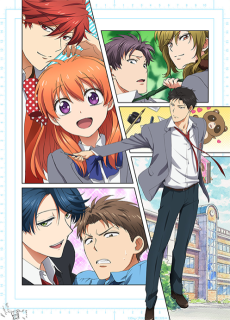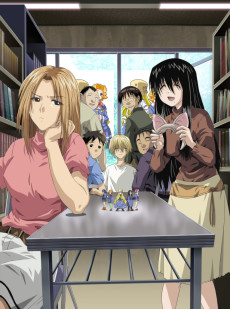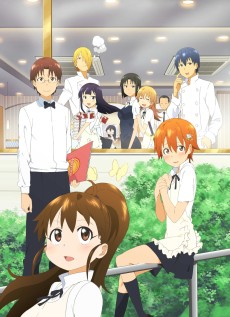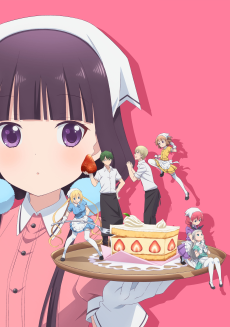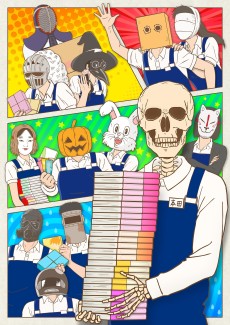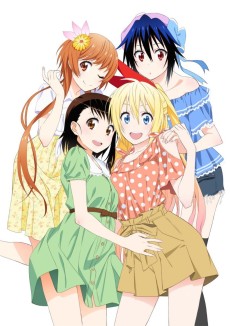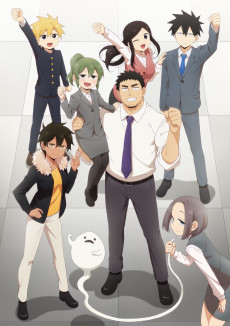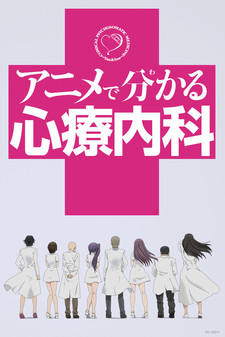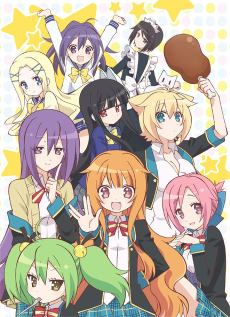DENKI-GAI NO HONYA-SAN
STATUS
COMPLETE
EPISODES
12
RELEASE
December 18, 2014
LENGTH
24 min
DESCRIPTION
The "youthful bookstore comedy" revolves around the folks who work in a manga shop deep in a certain "Electric Town" neighborhood. ("Denki-Gai" or "Electric Town" is a popular name for shopping areas that specialize or used to specialize in electric and electronic items, like Tokyo's Akihabara.) The protagonist Umio works part-time at "BOOKS Umanohone" along with his senior at work (but not in age) Hiotan. As many dedicated manga fans visit the store, there is always something going on.
(Source: Anime News Network)
CAST
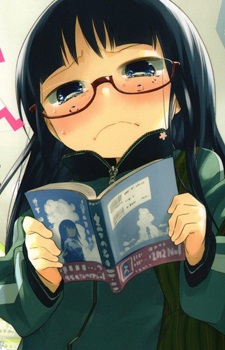
Sensei
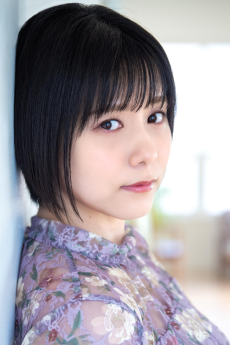
Minami Tsuda
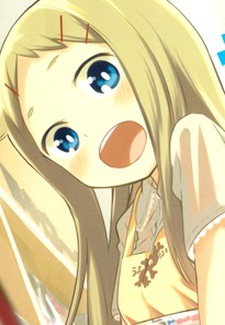
Hio
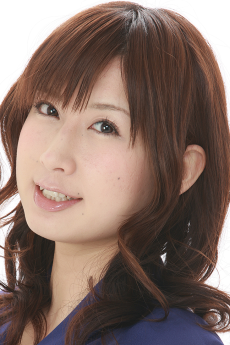
Natsumi Takamori
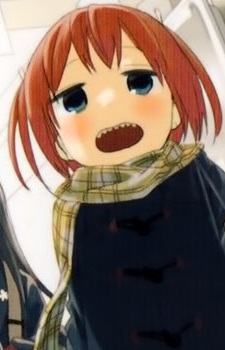
Fugirl
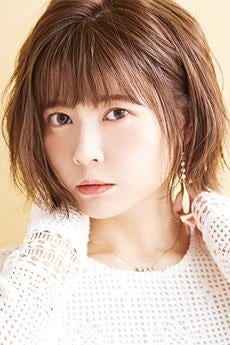
Ayana Taketatsu
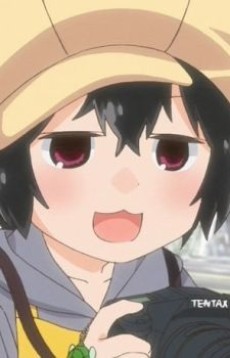
Kameko
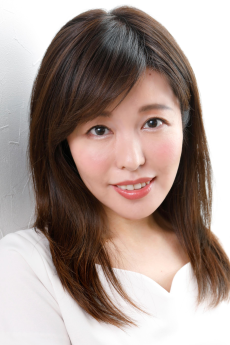
Mai Aizawa
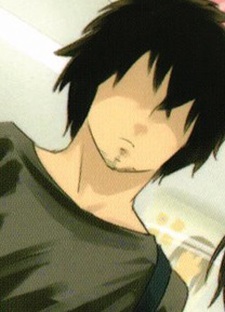
Sommelier

Takahiro Tomita
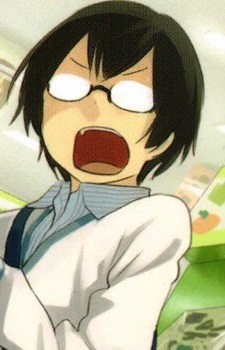
Umio
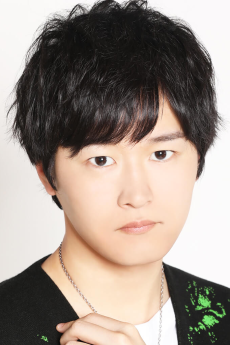
Ryouta Oosaka
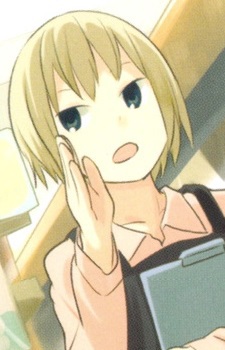
Kantoku
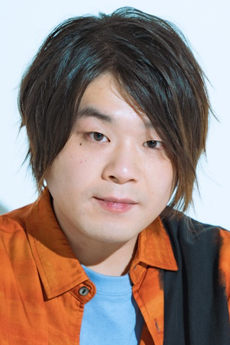
Yoshitsugu Matsuoka
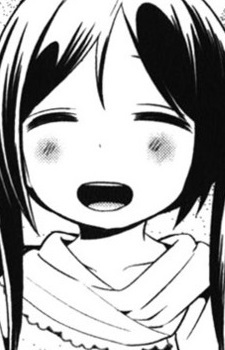
Haruka Tsumori
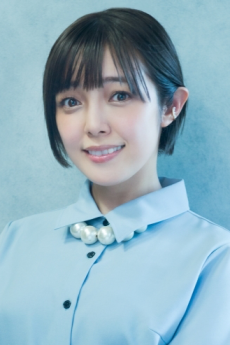
Satomi Satou
EPISODES
Dubbed
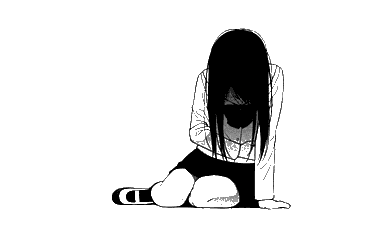
Not available on crunchyroll
RELATED TO DENKI-GAI NO HONYA-SAN
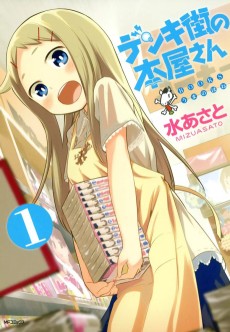 MANGA ComedyDenki-Gai no Honya-san
MANGA ComedyDenki-Gai no Honya-sanREVIEWS

Goukeban
45/100When Moe shoots itself in the foot.Continue on AniListExpectations sure are a bitch! Keep them too broad and you’re bound to, eventually, be met with disappointment, but we still need them to prepare ourselves whenever we began experiencing a work from the media we love. When I first began watching Denki-gai no Honya-san, I had just come out of watching the first two seasons of “Working!!”, which remains one of my all-time favorite anime, so I wanted to experience another slice-of-life focused on the day-to-day of people at work. Being the workplace in question a manga store and the people in question passionate Otaku, people like me, I was in for a treat. It just wasn’t the treat I was expecting.
Story and Characters
Credit where credit is due, the show actually makes a nice move by utilizing two distinct characters in order to develop the setting: Umio, a very passionate otaku with no restraint to displaying his affection for the hobby, is the new employee, which gives the anime the proper excuse to explain the situation of the cast; Hiotan, in the other hand, is the one character who has no experience with the one true religion of Otakudom, so it’s in relation to her that the show gets to comment about anime, manga and other aspects of otaku culture. Not a bad setup, now allow me to explain why it fails: remember how Genshiken, for example, actually spent the first episode giving away the characters main traits and easing the protagonists in to then begin developing the conflict? Denki-gai is not very good on that. At all. Right off the bat it’s easy to see that the series is more worried about setting the scenario than the characters, which is ironic since once the conflicts begin, this setting seems more like a backdrop to bring the cast together than something actually meaningful to the plot.
The running motif of the story here are the different couples who form amidst the various gags, so before progressing, let’s do the presentations:
Sensei is an aspiring manga artist and the only one to seems to have what is immediately recognizable as an actual character trait, rather than a simple quirk, that of being slovenly and easily stressed. As early as the first episode, she and Umio start developing romantic feelings for each other, although it displays the most barebones chemistry possible: nice guy helps desperate girl. I realize this might sound hypocritical, given some of my favorites, so I’ll address it properly in a moment. A running gag involving Sensei is her lack of “Girl Power”, and that happens to be one that eats away a lot of her “development”, since frequently all of the traits the show applies to her end up invariably playing to this same gag.
Next is the growing bond between Hiotan, whose quirk seems to be excessive and trivial panicking, and Kantoku (director in Japanese), nicknamed this way because he apparently likes to film his employees in awkward moments. Truth be told, Kantoku seems to be the only one with the semblance of a diverse personality: he’s a pranker, but not a mean spirited one, which doesn’t clash with his behavior when he needs to act as a leader or be responsible with his employees. The way the romance between this couple springs into existence, though, is piss-poor: at one point in the story, Hiotan clings to Kantoku, initially for comedic purposes, and then begins to take his kind acts, in contrast to his usual behavior, as the result of romantic feelings, up until the show decides to treat their clichéd, innocuous and barely eventful interactions as the marks of a “soon to be”, “maybe someday” couple. Please, craft bigger quotation marks in your mind, these ones are not enough.
One relationship that seems to be already going on is the one about the backfired moe bullet Fu-girl, who is obsessed with anything related to zombies and has a mad crush on Sommelier, a tall and silent man who acquired the nickname by doing manga recommendations to the clients. It’s obvious that the feelings here are mutual, but none of them really progress in their efforts because both don’t know how to properly communicate that. As I write this I noticed that none of my notes over the series actually addressed their relationship, and that is because, frankly, all that can be said I just summarized right above. The two are easily the most vapid creatures in the whole anime and their interaction is a very clear example of the general problems plaguing the show.
Couples out of the way, now we can get to the lone candleholders on the block: firstly, Kameko is a girl who enjoys taking pictures with her camera (get it? CAMEra, Ko = child, get it?), who is revealed later on to have a crush on Kantoku, but got left behind for trying to keep low profile for too long. Why should the audience be invested in the late-to-show-up emotional grievance of the second most insipid block of ink in the show is not properly conveyed, but hey, at least she’s not Fu-girl, whose brick-like presence and complete lack of meaningful personality drags the scene down from painfully average to just painful. Did I come off as bitter? Anyway, next in line is Tsumorin, a former employee at the shop and now a cosplay celebrity/ doujinshi author who ALSO had a crush on Kantoku. Is there any kind of projection going on here? I hope you like attempts of empathy for a character that has barely been established and offers no reason for the audience to care about, cuz this show sure is going to try! Possibly the only real reason she exists in the story is to make the idea of a romance between Hiotan and Kantoku a little more credible.
Ok, let’s dial back a bit and address the issue of Umio and Sensei, Some might find a bit hypocritical of me to criticize their dynamic, since some of my favorites (Toradora!, Working!!) have similar ones going on between their main characters. The point of my criticism, though, is not the set up itself, but the way it’s handled, which is why I don’t think it displays good chemistry between the two, so please hold on while I attempt to expose my perspective. Building good chemistry between love interests in a story involves crafting this idea that both play off of each other’s personalities and visibly add something to the other part. That can’t work properly if it happens to be a one-way street, as it is here: Umio acts kindly, helping Sensei with her manga, she pretends to bring out some semblance of confidence, backpedals and the situation devolves into a gag. Being fair, as a plot point, the relationship between Umio and Sensei actually does something to Umio’s character, by portraying him as a very supportive person, even if in a simplistic way. That, however, never goes beyond the “nice guy/awkward girl” archetypes they are set into and the show doesn’t properly convey how they could really work as a couple. Truth be told, the notion that they are meant to be in a romance is kept simply by the shackles of the genre, which we’re all knowledgeable of already, and by how heavy-handed the anime is about it.
You might have guessed already what the main problem here is: the underdeveloped cast. At the top of the characterization pyramid is Kantoku, but even then he only reaches the Decent mark, while the rest of the crew is stuck between completely vacuous outside of a simple quirk, or one-dimensional. You may argue that the way they act within the jokes lay out more details in a subtle manner, but I think the point of having effectively subtle characterization is by getting the various traits about a character to connect in the big picture (personality), so when these traits fail to connect in a cohesive manner is that the attempts of characterization become meaningless. The point I’m trying to get with this diatribe is that the characterization in Denki-gai is disjointed and the show’s attempts at it end up creating a shallow picture instead. To make matters worse, the romantic progression is close to nonexistent. Romances get introduced, for sure, but no proper confessions are made and whenever any kind of development (or at least what the anime passes for it) is attempted, the show seems to take a step further, just to step back and shove its head in the ground, dreadfully afraid of making the status quo any less stale.
As expected, these problems spread over to the humor too. Now, I have no issue whatsoever with establishing comedy based on character quirks; “Working!!” has about 80% of its comedy crafted in the same principle, Tanaka-kun wa Itsumo Kedaruge drives this home in every chance it can get away with (which is every time) and I have no complaints with the way these shows do it. The matter of the issue here, besides the lack of additional layers to the characters to help endear them to the audience and make their reactions comically effective, is the application. In both of the shows mentioned, the quirk in which the jokes were based on was a constant, but the punchline was handled with a twist in every opportunity, either a difference in timing or the situation in which it was applied, while the same doesn’t come out much in Denki-gai, and knowing each character’s main trait makes the joke quite predictable already. This anime tried a lot, in many forms of humor, but none of them displayed the cleverness of writing required to actually pull it off and set the timing to the appropriate moments.
Presentation
This is not turning out pretty. At least the presentation section comes out shorter than the Story one in my reviews.
So, how else does this anime drops the ball? Well, we have the character designs, for once. It’s not that uncommon for different characters to have similar faces in the same anime, but it’s uncanny how the models in Denki-gai seem to have identical facial structures, with only hair and accessories used to differentiate them. Add to that a sickeningly excessive use of blushing and I wouldn’t exactly call this an example of variety in visual presentation. I’m not kidding when I say that with a third of the show left to watch I was having pavlovian style reactions of disgust every time I saw someone’s face go red, Fu-girl herself I couldn’t even look at because of how much her character became an eyesore with her face that screamed “I’m about to start crying desperately” in every frame.
When it comes to the voice acting, the show is surprisingly tame for a gag manga, although this might also be an effect of how stretched out are the skits, and the acting doesn’t reach very emphatic degrees for the genre. To be fair, this particular approach might resonate better to the comedic preferences of other viewers than they resonate with mine, so it isn’t really a point I can use to detract from the anime. That same trait also spills over to moments that are more dedicated to “characterization, although perhaps with the exception of Matsuoka Yoshitsugu as Kantoku, and thank goodness for at least his presence in this anime. Fun fact: Hiotan shares the same seiyuu, Takamori Natsumi, as Miyano, from Tanaka-kun. She doesn’t have the friendly demeanor or the dedicated personality Miyano displays, though.
Personal Ramblings
Just comes to show how connecting to the work in the first place helps a lot when you watch it, it’s a lot harder to find enjoyment when the first episodes failed so hard to get you involved. Sometimes I wonder how much more I’d speak highly or poorly of any work if it managed to be something I had special attachment to, or no attachment at all. Were my disposition towards a show like Steins;Gate, for example, superior to indifferent, would I be among the people shouting endless praise to it and stamping a 10/10 in my review? There were some instances, sadly not many, of my re-watch of Denki-gai when I looked at what had just played out in a scene and thought to myself “This normally would be something I’d laugh at, if my disposition weren’t so low”.
That doesn’t mean I don’t stand by everything I said here or in my other analysis, but it really makes me ponder how much our initial attachment or to a work can makes us more prone to catching up faster to the qualities or shortcomings it might exhibit. Tell me if you never thought about it: watching a show you already like in the first episodes makes you see more than other viewers do when getting to specific moments that might come off as meaningless to others, while if you dislike the show from the beginning the multiple little grievances stack up to form a larger problem, making the whole picture seem uglier, to the point where its qualities end up becoming mute.
I didn’t expect to turn out this bitter when I first decided to write this, but among my set of opinions that have changed over the years, this one didn’t turn up for the better.
SIMILAR ANIMES YOU MAY LIKE
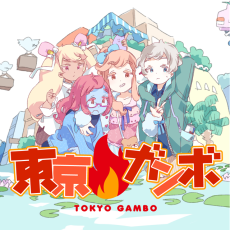 TV SHORT Slice of LifeTokyo Gambo
TV SHORT Slice of LifeTokyo Gambo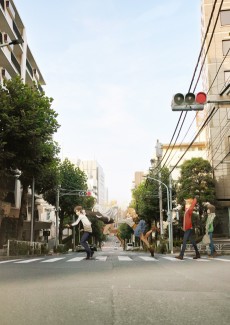 ANIME ComedyImouto sae Ireba Ii.
ANIME ComedyImouto sae Ireba Ii.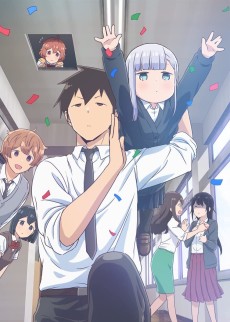 ANIME ComedyAharen-san wa Hakarenai
ANIME ComedyAharen-san wa Hakarenai
SCORE
- (3.4/5)
TRAILER
MORE INFO
Ended inDecember 18, 2014
Main Studio Shin-Ei Animation
Trending Level 1
Favorited by 190 Users
Hashtag #DENKIGAI #UMANOHONE


